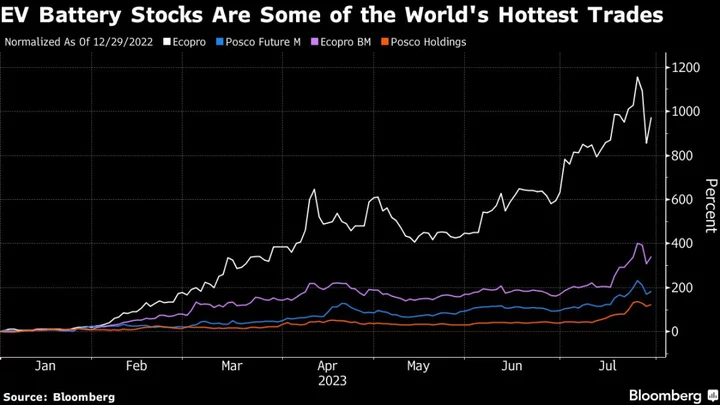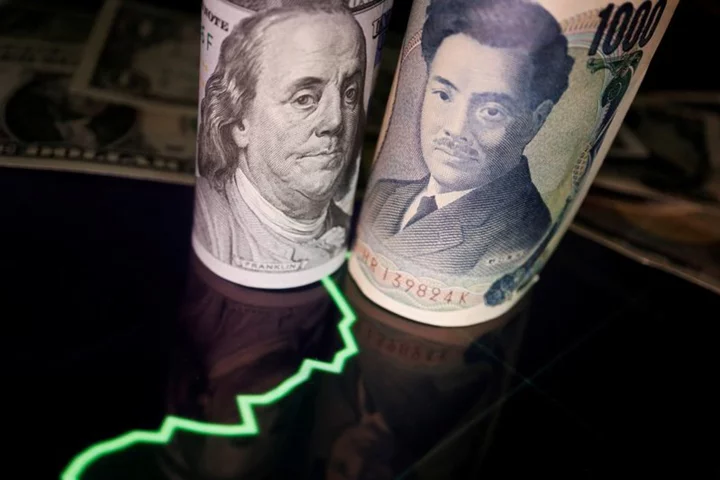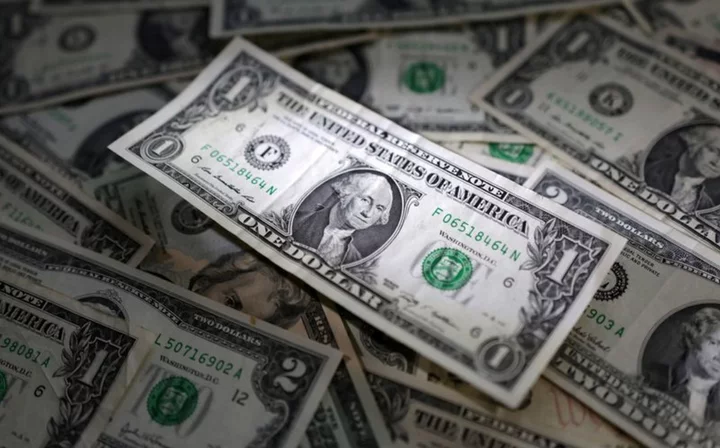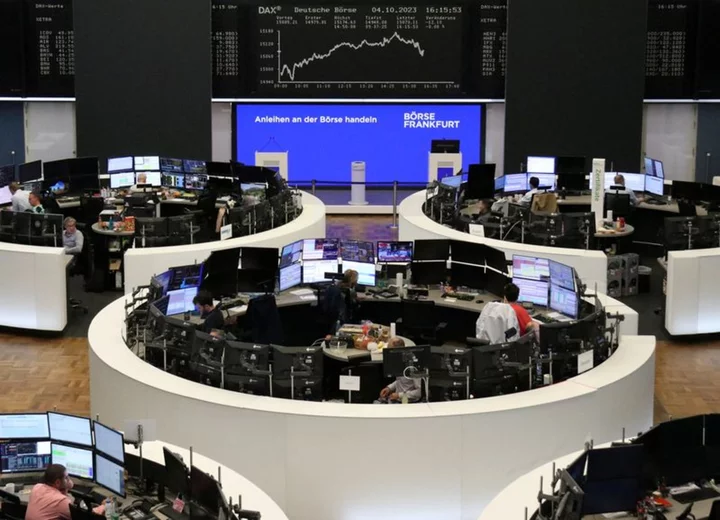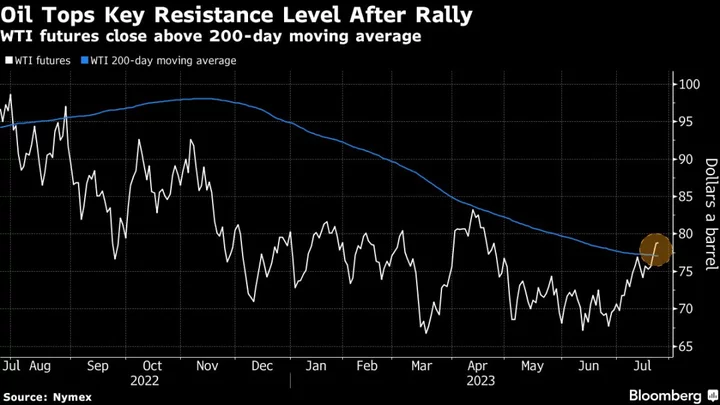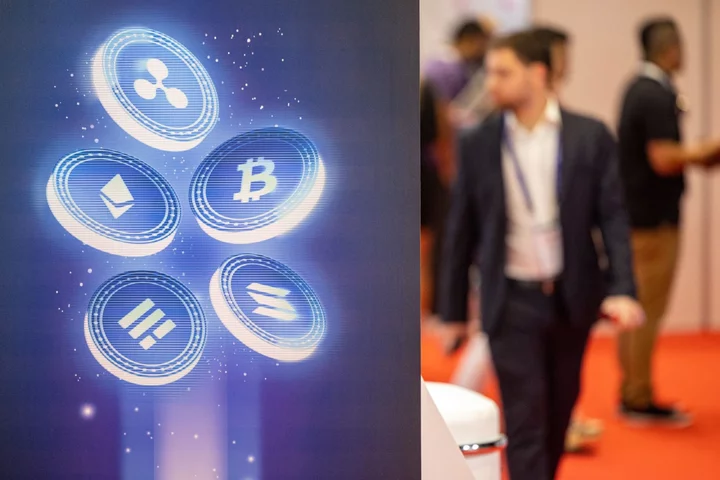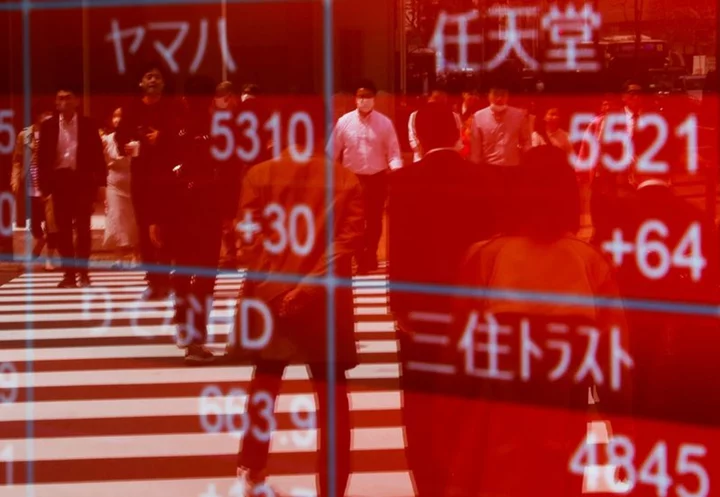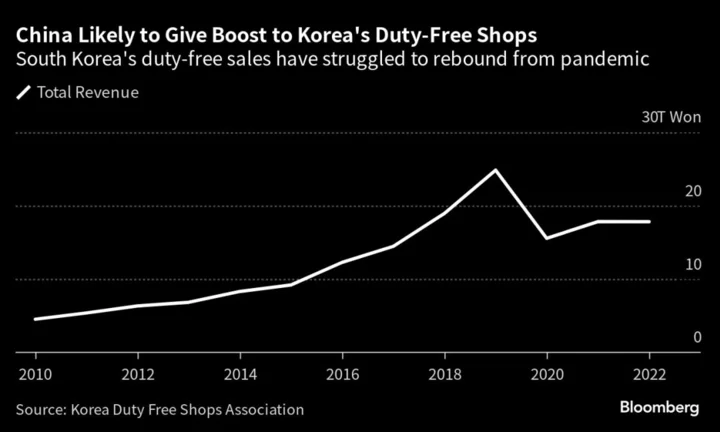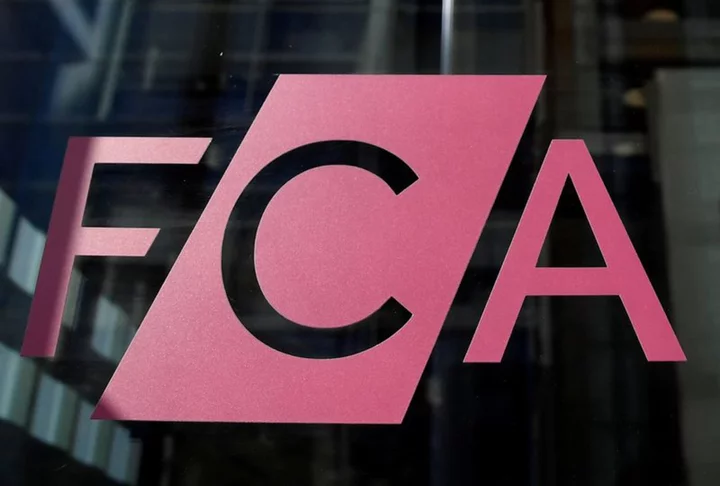It was a moment of triumph for South Korea’s retail investors, when a jump in Ecopro Co. to a record high showcased the influence that they wield over the stock market. But the surge was gone in less than 60 minutes.
The breathtaking rally and sharp reversal in the battery material maker on July 26 serve as a cautionary tale on the power of day traders, who are a dominant force in South Korea’s equity market. Their bets on EV-related shares triggered wild swings that catapulted the Kosdaq 150 index to a five-year high last week before a sudden crash halted the rise.
The price moves are a sobering reminder that the influence exerted by day traders can cut both ways: shares that they wager on are liable to post dizzying gains as well as brutal losses. Ecopro is up more than 1,000% this year while Ecopro BM Co. has surged 350%, prompting market watchers to warn that the rally in EV-linked stocks may have run way ahead of fundamentals.
“No one can deny there are so much risks in these trades,” said Jung Sang-Jin, chief equity fund manager at Korea Investment Management Co. “EV battery stocks’ earnings have not been great lately but retail investors are not fazed and kept placing speculative bets.”
Analysts are calling for caution even as EV-related names such as Posco Holdings Inc. and Kum Yang Co. resume their rise after a drop last week. One area of concern is the increase in margin loans as a selloff may trigger margin calls that would accelerate declines.
Margin debt levels in the Kosdaq index soared to over 10 trillion won ($7.8 billion) in late July, surpassing that of the main Kospi gauge, as retail investors took out loans to finance trades in EV-linked shares.
“Ecopro group and other EV battery-related stocks are on top 10 of Kosdaq Index so if their volatility increases like we saw last Wednesday, there could be more weakness in Kosdaq,” said Kim Jungyoon, an analyst at Daishin Securities Co. “Their influence on the broader index has become a lot bigger than in the past.”
Ecopro saw a quarter of its market value or 8.2 trillion won wiped out in the two days to July 27. The shares — which joined the ranks of so-called emperor stocks when it hit 1 million won — has since climbed back above that mark in volatile trading.
“It’s right to take a cautious approach these days,” said Yoon Joonwon, a fund manager at DS Asset Management Co.
--With assistance from Hongcheol Kim and Jeffrey Hernandez.

